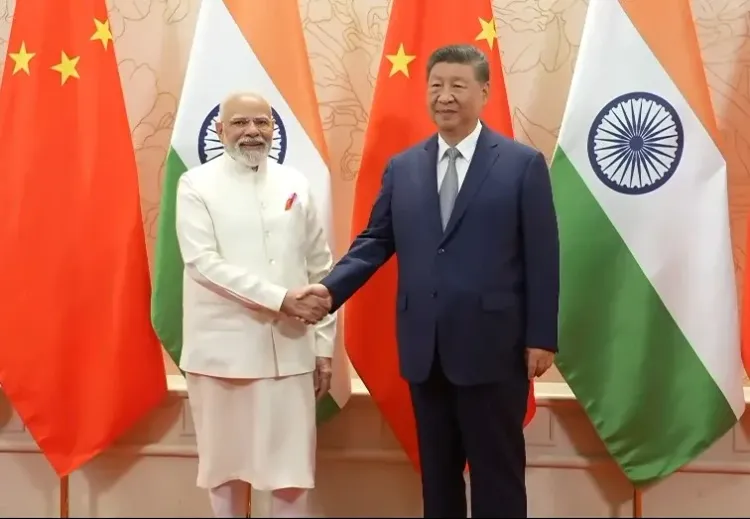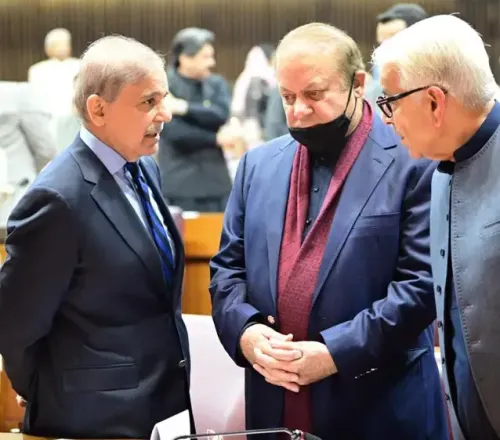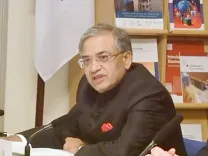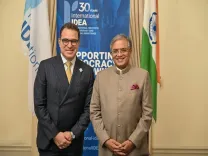How Can India and China Strengthen Their Relations Based on Trust?

Synopsis
Key Takeaways
- The meeting emphasized the importance of mutual trust and respect in India-China relations.
- Collaboration is seen as essential for the welfare of over 2.8 billion people.
- Recent agreements on border management have eased tensions.
- The resumption of travel and pilgrimages signifies positive progress.
- The meeting serves as a counter to external economic pressures, notably from the US.
Tianjin, Aug 31 (NationPress) Prime Minister Narendra Modi, in his discussions with Chinese President Xi Jinping in Tianjin on Sunday, emphasized that the collaboration between India and China will lead to the welfare of all humanity and reiterated that New Delhi is dedicated to advancing bilateral relations grounded in mutual trust, respect, and sensitivity.
The dialogue, aimed at reinforcing bilateral connections and building on recent advancements in India-China relations, occurred during the two-day Shanghai Cooperation Organisation (SCO) summit. This meeting also comes amid US tariff threats.
In his opening remarks, PM Modi expressed gratitude to President Xi Jinping for the invitation. He noted, “Last year, we had productive discussions in Kazan, contributing to a positive trend in our relations. Following the disengagement at the border, a climate of peace and stability has emerged. Our special representatives have reached an agreement on border management. The Kailash Mansarovar Yatra has recommenced, and direct flights between our nations are being restored.”
The Prime Minister pointed out that the interests of 2.8 billion people from both countries are intertwined with the cooperation of the two nations.
“This cooperation will also foster the welfare of all humanity. We are committed to progressing our relations on the foundation of mutual trust, respect, and sensitivity,” he affirmed.
PM Modi congratulated President Xi on assuming the Chairmanship of the SCO.
High-ranking officials from both nations, including NSA Ajit Doval and Foreign Secretary Vikram Misri from India, along with Chinese Foreign Minister Wang Yi, attended the meeting.
The last interaction between the two leaders occurred on the sidelines of the BRICS Summit in Kazan, Russia, in 2024.
Progress in dialogue was achieved after both parties agreed on patrolling protocols along the 3,500-km-long Line of Actual Control (LAC), easing a four-year border standoff.
The discussions between PM Modi and Xi Jinping also addressed the border issues that concern both nations.
Experts characterize the meeting in Tianjin as symbolic and crucial in reinforcing bilateral ties while serving as a robust response to the tariffs imposed by the United States.










